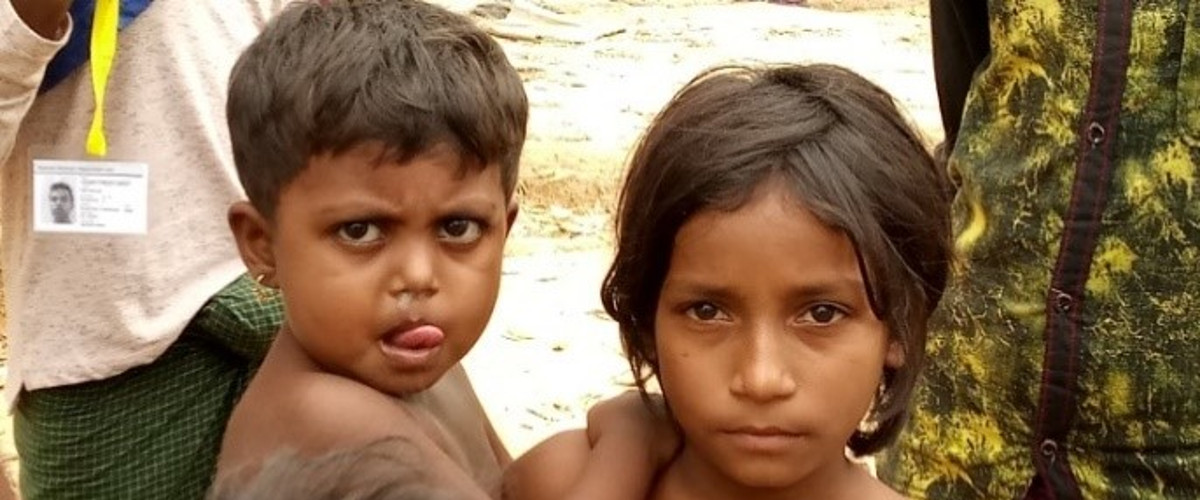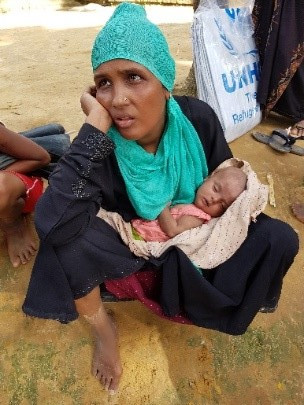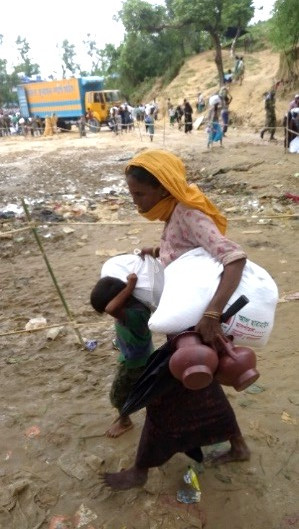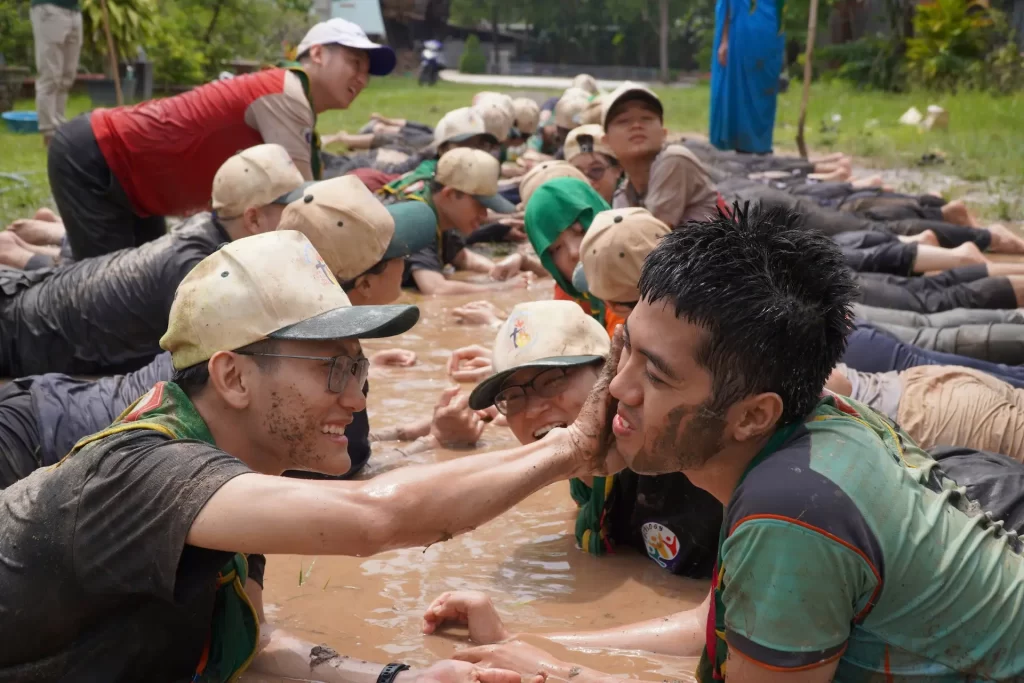

“Thousands of children just walk around begging for food and water. Men and women wait in queue to receive food supplies. There is no medical facility for pregnant women and children’s malnutrition is a major concern. Except for rice and tarpaulin sheets, not much has reached the people. They are in need of every possible assistance: food, shelter, water and sanitation, psychosocial support, education and health care. People are patiently waiting for assistance,” reported Fr Joseph.
The Inter-Sectoral Coordination Group estimates that about 713,800 Rohingya are now in Ukhia and Teknaf, two sub-districts of Cox’s Bazar. This includes 501,800 new arrivals and about 212,000 persons who arrived before August 25, and are accommodated in the two biggest registered camps in Kutupalang and Nayapara. Fr Joseph said that the total number of refugees is likely larger than reported as there are a good many number of unregistered persons among those who arrived before August 25. Of the hundreds of thousands who fled, about 36 percent are children aged four to 18 years old. Many of them are without parents, left to survive the traumas alone or with relatives.

JRS considers the present refugee crisis a unique opportunity for the Jesuits to reach out to the Rohingya and establish a Jesuit mission. JRS has already partnered with Caritas Bangladesh to begin emergency support. After the initial aid phase, JRS will investigate opportunities for long-term engagement. The Myanmar Jesuit Mission is also considering its own response either through JRS or Caritas Bangladesh.
“Opportunities are huge but challenges are many,” said Fr Joseph. “Trusting in God, we will be able to find a way to reach out in rebuilding the shattered dignity and hopes of the Rohingya.
More information on the Rohingya refugee crisis can be found here.






